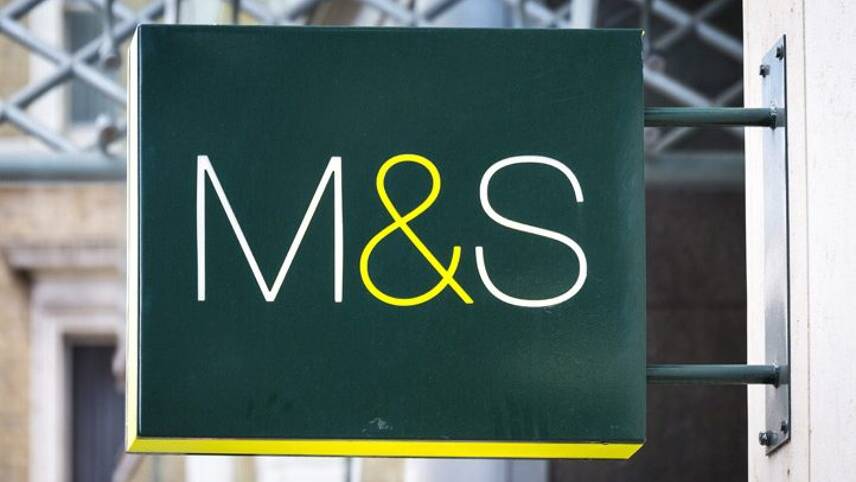Register for free and continue reading
Join our growing army of changemakers and get unlimited access to our premium content

No information has been released as to what the revamped Plan A will include
M&S’s Plan A strategy was launched in 2007 as a pioneering corporate strategy focused on corporate responsibility. In 2017, the strategy was updated to include targets to make all M&S packaging “widely recyclable” by 2022, halve food waste by 2025 and reduce operational emissions by 80% compared to 2007 as part of M&S’s approved science-based target.
The retailer has this week confirmed that the flagship Plan A strategy will be updated again in early 2021 to reflect the acceleration of the climate crisis and put the framework “back at the centre of [the company’s] customer story”.
M&S Chairman Archie Norman said: “M&S was a pioneer in creating an industry-leading, fully integrated sustainability plan under the ‘Plan A’ banner, reflecting values that have been core to M&S’s culture since its inception.
“The organisation’s inherent and enduring community spirit has been borne out in its response to the pandemic, and in many areas – particularly on sourcing and supply chain standards – we continue to lead the market.”
The relaunch will be spearheaded by a new ESG Board Sub-Committee, that will start working from 16 December. The Committee’s first task will be to agree to a timetable for the Plan A relaunch next year.
No information has been released as to what the revamped Plan A will include, but M&S did commit to net-zero emissions in 2020 as part of a cohort of retailers convened through the British Retail Consortium. M&S will aim to be net-zero across its operations by 2035.
On to Plan A
Between 2007 and 2017, the Plan A programme has seen M&S exceed its science-based target initiative, having achieved carbon neutrality from its operations. Alongside the 80% emissions reduction target, M&S was aiming to cut supply chain emissions by 13.3m tonnes.
In that time period, Plan A delivered 296 eco and ethical commitments, including improving the energy efficiency of UK and Ireland-located facilities by 39% and reducing carrier bag usage by 80% since 2008.
The wide-spreading initiative has saved more than £750m for M&S and has seen more than 27 million items of clothing “shwopped” since 2008. Other achievements include: sourcing 100% RSPO certified palm oil and converting 99% of wood and 27% of leather to more sustainable sources.
More recently, black packaging has been eliminated from food trays and the retailer has achieved 100% sustainable cotton sourcing and a 70% reduction in emissions compared to a 2006 baseline.
Matt Mace


Please login or Register to leave a comment.